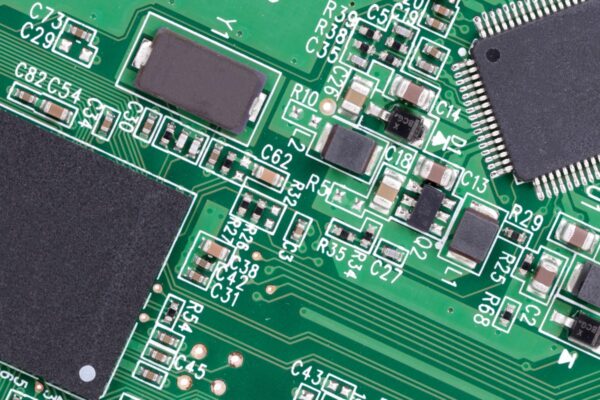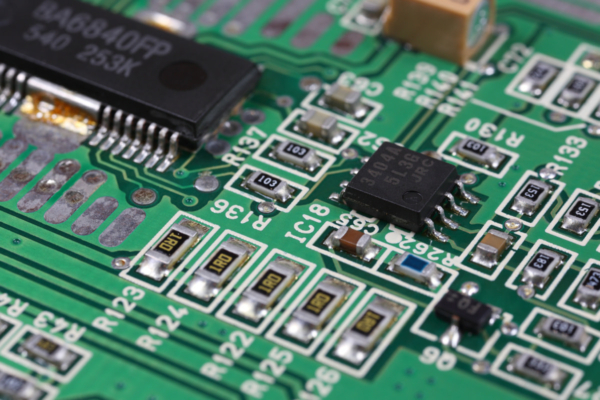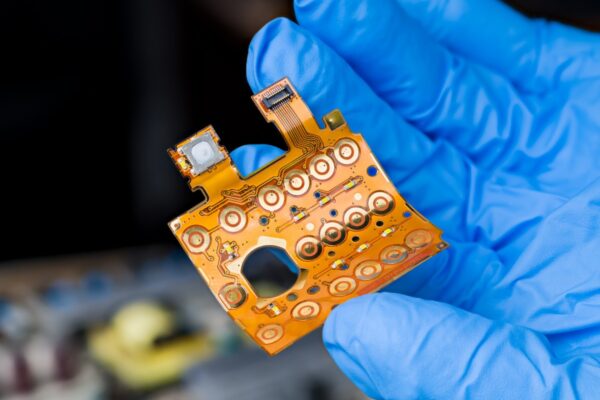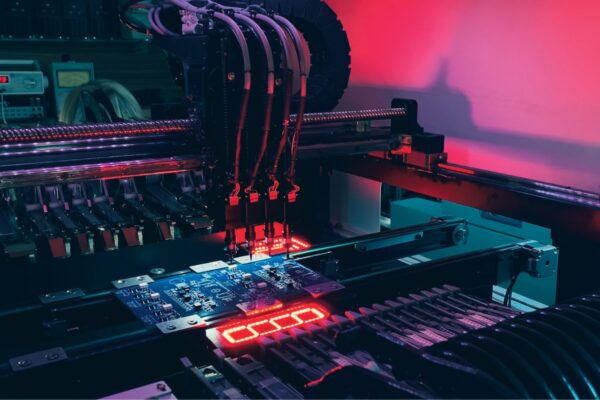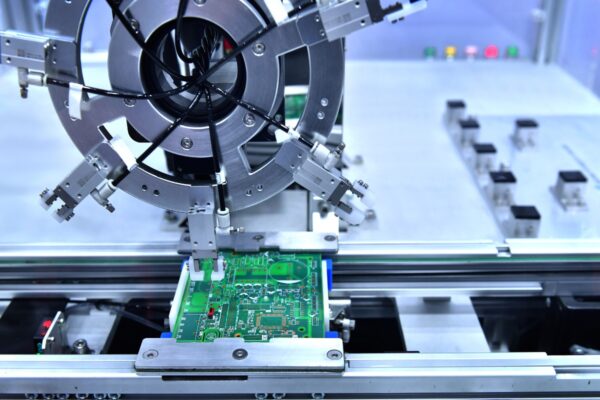What is Copper Clad Laminate (CCL)
CCL, or Copper Clad Laminate, is the base material used in the manufacturing of printed circuit boards. CCL is a laminate consisting of a layer of copper foil bonded to a non-conductive substrate material. This combination provides the necessary electrical conductivity and mechanical support for the PCB.
CCLs are subject to stringent requirements, particularly in terms of heat resistance and reliability, to comply with regulations such as RoHS. Halogen-free CCLs and lead-free CCLs are two types of CCLs that meet these standards.
Halogen-free CCLs have controlled levels of chlorine and bromin within specific limits. They offer improved performance in terms of flammability, heat resistance, thermal decomposition, size stability, and bending strength compared to ordinary FR-4 CCLs.
Lead-free CCLs, on the other hand, are copper clad PCBs that do not use lead-free solder during surface mounting. They utilize brominated epoxy resin as the main resin and comply with RoHS regulations by avoiding substances like PBB and PBDE. Lead-free CCLs exhibit different performance characteristics, including peel strength, thermal performance, CAF resistance, thermal decomposition temperature, water absorption resistance, T260 (heat resistance), and bending strength.
